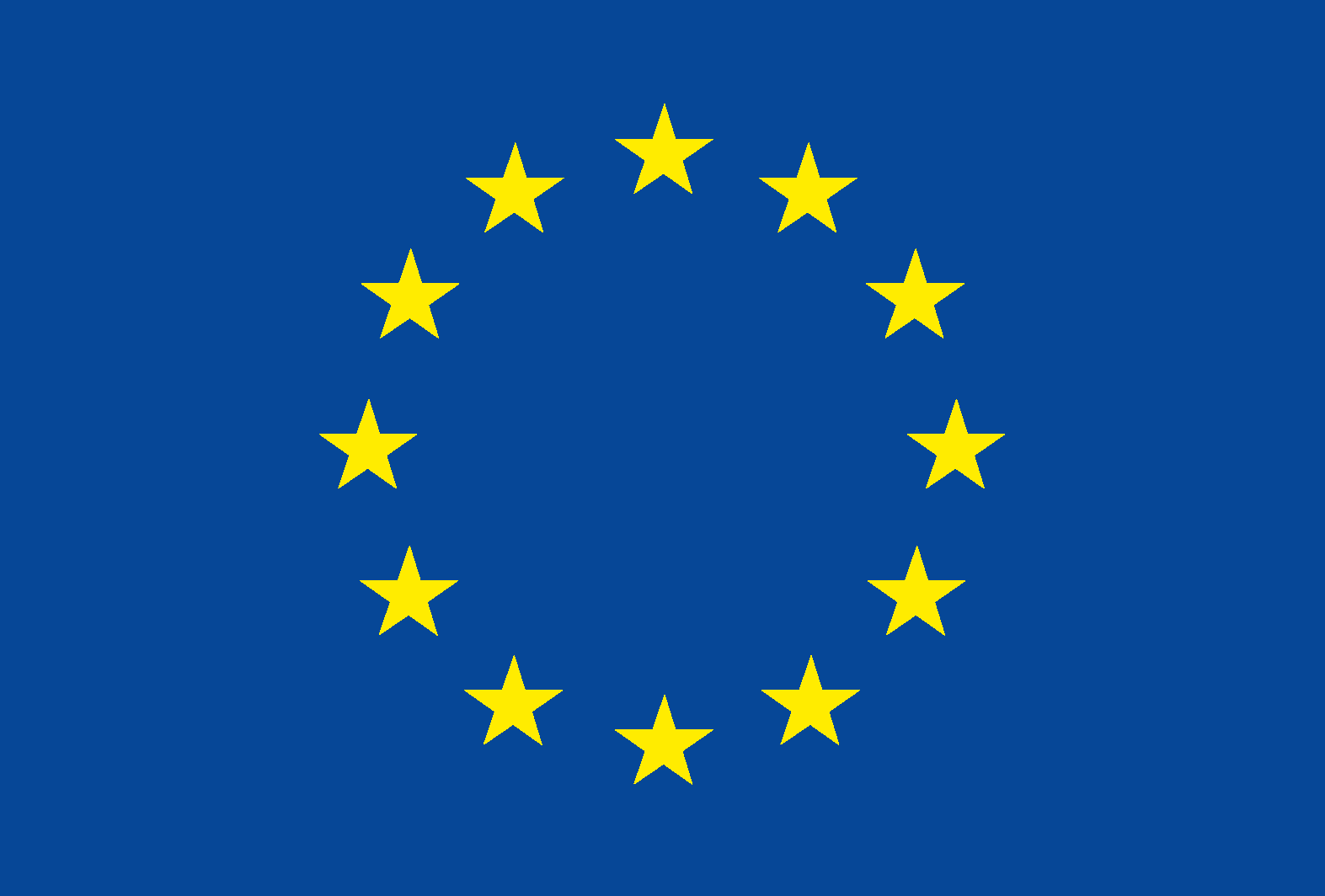The University of Sussex Digit team brought together key stakeholders to the Digital levelling up in Sussex event, to discuss the UK’s digital transformation from a local perspective. This meeting, in conjunction with ESRC festival of science and the Institute of Development Studies, brought together some of the experts who have contributed to the EUROSHIP project to consider the approaches pursued and barriers faced in the Greater Brighton area. Over 50 attendees from academia, local government and public health Scotland took part in the online meeting.
Since 2010 the UK government’s stated aim has been digital by default, intended to increase efficiency and make services easier to use. Over the course of the pandemic the speed of digitalisation has escalated further, with the latest reports suggesting 99% of the UK population are now online. While Covid-19 has been both a driver and barometer of success, for those without the motivation or skills needed to access this shift online, or lacking the hardware or software to connect, the digital divide amplifies existing inequalities.
Our meeting explored what digitalisation means for local communities. To compliment the EUROSHIP projects’ aims we identified how pockets of inequality manifest for different communities across the Greater Brighton city region and some of the real deep challenges faced. We know cities like Cambridge and Manchester are doing brilliantly at drawing in funding and new tech businesses are growing rapidly. The South East is in the top 3 of Tech UK’s local digital capital index and the tech sector is worth over £1 billion annually to the local area. However, our meeting revealed a ‘tale of two cities’. On the one hand the area has a flourishing digital sector implementing innovative projects attempting to drive inclusion. This was starkly contrasted by the increasingly desperate situation for those in low-income households struggling to main connectivity.
Experts and attendees were able to share their insights highlighting where work has been successful and giving examples of best practice that has driven change. This included evidence of how local business are attempting to address the lack of diversity in the tech sector. We heard how Mid Sussex Borough Council has secured investment and taken action to counter the digital divide by using the social value element when putting public contracts out for tender. Attendees flagged important initiatives such as the zero rating of websites to ensure vital services such as education and health remain accessible, regardless of data limits.
A sombre discussion revealed how digitalisation features in the bigger story of inequality and poverty locally. Before the effect of winter bills started to bite Offcom, the UK’s communications regulator, reported that 8 million households in the UK are struggling with affordability. We know that the digitally poor pay more, and that for those living on an annual household income of £25,000 or less, one in five never use the internet. One stakeholder gave a shocking description of the current pressures within the region. She described a ‘welfare ecosystem falling apart’ under the pressure of poverty ‘armageddon’. These discussions underlined the current and pressing need to ensure digital transformation is inclusive highlighting the importance of the EUROSHIP project.

